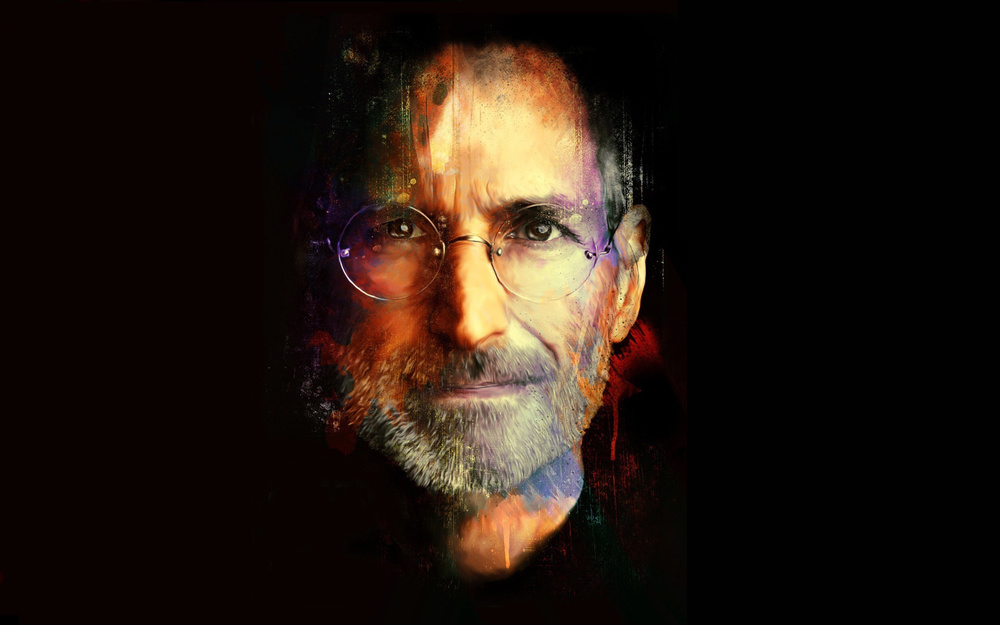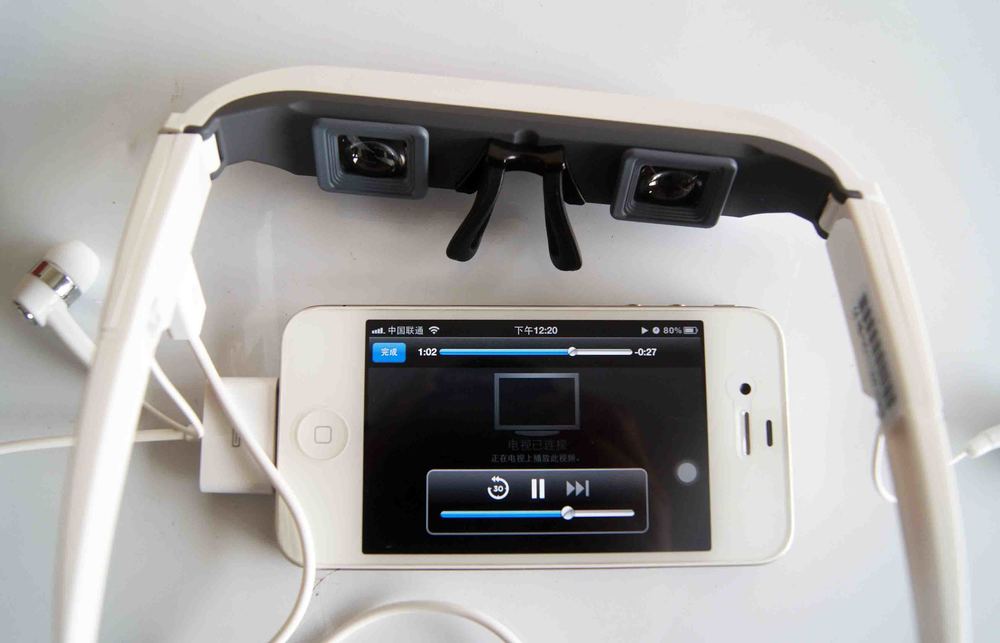‘Society does not consist of individuals but expresses the sum of interrelations, the relations within which these individuals stand.’
Karl Marx.

How media affects is one of the most deeply theorised phenomena of the 19th and 20th centuries.
This blog article attempts to analyse, introduce and pose – against some key theoretical concepts – how media has progressed. And this covers how media has progressed technologically, and, through our pervasive habits, ideologically.

I believe this is one of the most key and interesting trends in the developing complexity of our lives.
Additionally this is one of the most compelling to analyse; especially from within a media-centric perspective, of a young digital marketing agency – MOVE Digital.
Media has indeed brought value to our lives, but it’s also made it more complex.

The Frankfurt School
The progressive, revolutionary and thought-provoking philosophies concerning the way we run, govern and proliferate ‘society’, the collective notion of ‘nation’ and the ‘public sphere’; are some of the most powerful of our time.
Attributed to the neo-Marxist thinkers of the Frankfurt school; these theories on media and media effects, are amongst the most advanced, and of a heightened calibre. They display a seemingly pre-cognitive ability to predict political, mediological and societal changes in relation to media. In other words there thinking was wholly revolutionary and futuristically ahead of its time.
The eponymous ‘Marxism’, is testament to a man, an era and a set of ideologies that – academically – represent a wide, complex and revolutionary ism of the very structure and organisation of our complex societies. Now for Marx, politics, media and society are inextricably linked and represent expressions or an exercise of collective democracy.
The reason; as media is a type of abstract projection of ourselves; our institutions, our politics, our inhibitions, our taboos that we obsess over and most importantly our consciousness.

What is less theorised by these revolutionary academics was the current age, the digital age of mass communication, the 21st century. Although – it must be said, and emphasised, that they came amazingly close.
Now some of you reading this may think that given our point in history and our development this is a rather multi-layered and analysis of what media effects manifests as. However the case is quite the contrary; this is how thinkers like Marx, with their deep philosophical analysis, were able to – so accurately – predict trends in media, politics and society. And most importantly achieve something monumental in an academic, philosophical sense; longevity in their work.

Studies that have attempted to theorise new media, have done so with limited scope. One thing is for certain, as we consume digital media so insatiably, we do so with a hidden implication. I am careful to ensure impartiality with ‘implication’ rather than cost or benefit. As the implication here is not a cost, it’s a change in society. And this ambiguity represents precisely why theoretical perspectives are burgeoning and – at this point – naïve. For Chomsky and others within his sphere:
“Media is seen as close to an instrument of class domination, because of the interests of conglomerates, reflected in the commercial press and broadcasting outfits that they control) Noam says ‘the conglomerate media are not a source of popular control over government but merely one means by which dominant economic force” Noam Chomsky – Theoretical Approaches to Media

In TopRank: Online Marketing Blog they outline 10 new media trends for 2015 that are influencing and ‘shaping the lives of modern consumers’, one of the first points is this:
‘Every company is now a media company’.

Now this is very much true and typical of the times. The huge growth in companies like (ours), MOVE Digital, offering vitally important SEO (search engine optimisation) and digital marketing strategies that blur the line between marketing and PR are due to huge changes in the way companies market, portray and communicate. Now with their audience of loyal social media literate consumers, companies, brands and institutions have a whole new plethora of techniques -they can employ to create a culture of desires, needs and wants.
And this is a reality, when our clients come to us they love the fact we can produce comprehensive digital strategies from graphic and web design to video production. We provide a service that blurs the lines between different aspects of marketing , is inter-disciplinary and comprenensive, as our video below shows:
With over 1.28 Billion monthly active users and the fact that 72% of all online adults visit Facebook at least once a month [1], FB clearly comes out top. Computer literate is a term most commonly seen alongside social media literate, now, as marketers, people and companies of all varieties seek to achieve and maintain a glistening and perfect online presence.
Now this is the case too for Instagram, Twitter, Vine and Snapchat. And it’s a trend that – understandably – shows no sign of slowing, fading or lessening its ubiquitous reach. Social media and its pervasiveness is undeniable. Partly, as that is the nature of this ‘social’ tool. It portrays us too our friends, colleagues and the world. Indeed The Guardian has posted many articles advising potential job-seekers of the ills of a poorly managed online social media presence.

An article titled ‘Could your Facebook page ruin your job prospects’[2] seems topical as we observe other off-springs of the traditional social media platform. Sites like LinkedIn, representing Facebook’s, professional, successful, suit and tie wearing cousin aids professionals. It aids trained or educated people in their search for social media stardom; with an explicitly professional demeanour, and, a sort of career-enhancing twist.
Now far from attaching negativity to this, I situate digital new media as a very positive, wholly healthy and gratifying thing.
If applications like Tinder can help people to connect with like-minded others on an emotional level, nothing can be bad, or detrimental to society about that.
And, now, it is important to situate the rhetoric associated with this blog and its questions. It is an observational reflection on what and how we use media, and its widespread effects on our society and interaction, which as previously stated – in its current state – is a naïve and ill-informed theorisation.
What does blur the line between social media’s merits and disadvantages is our own obsession, inclusion and level of engagement with ‘them’ (SM apps). An article titled ‘How Social Media Has Made Us Obsessed With Making Life Look Perfect’ [3] is, but one example, of this disorderedly relationship between our real lives, our friends, our emotions and our reality.

The reality is the growth in social media is not necessarily a bad thing. And if social media can help consistently deliver some small ‘pipettes’ of self-righteousness, respect and gratification as Boris Johnson remarked recently in his London Evening Standard New York interview feature, then, so be it. Social media connects us to others, but we must remember the technology (the smartphone) and the infrastructure (the internet) that have facilitated this change.
This is a powerful idea. The internet of things (IOT) is a powerfully connective notion that introduces the idea of everything as having a commonly shared chip that allows internet connectivity. This level of integration sees anything from fridges being connected to your online shopping portal to alert you when you are low on food, to a fork-lift sending signals to the consumer about the anticipated delivery time.
The possibilities are endless, and our ability to implement them is too.
Films like HER: Spike Jones 2013 depicted a world in the not-too-distant future. A film that was chillingly accurate in its depiction of society, technology and the way we socialise with others and media. One scene in particular was very poignant. As the main protagonist talks to a small ear-bud inserted into his ear, we are quickly introduced to the idea prior to this shot that he is reluctantly, socialising, talking to, and getting to know – on a personal level – the operating system that he has installed at his house.
HER
As the shot pans out, we are met with a crowd full of people engaging in the same activity. As the metro – the protagonist is on – sways; everyone is engrossed in conversations with their digital devices, and it struck me, this type of engagement with media – as alien as it seems – really is not too far off.
I suppose the longer you stay out of academic circles and rhythms, these types of ideas become more alien and unfamiliar. And as if everyone is embodying, demonstrating and proliferating the passivity and ‘passive population’ notion the Frankfurt school long theorised, and predicted. However, this is emphatically untrue.
‘Digital anthropology is the study of the relationship between humans and digital-era technology, and extends to various areas where anthropology and technology intersect. It is sometimes grouped with sociocultural anthropology, and sometimes considered part of material culture.’ Digital Anthropology – UCL.
With the introduction of Digital Anthropology as a degree at University College London [4], I realise these ideas are being healthy circulated as new ideas in the academic circles of British – and other – higher education institutions. What is interesting is can these new courses keep up with the trends in new media, do the modules become out-dated with every passing piece of new media? The answer is surely; to an extent.
When I studied Media Communication and Cultural Studies beginning in 2014, whole modules and assessments where centred on TV studies. And it’s not to say these were out-dated. But these theories, schools and some case studies we were presented with still referred to the TV as the ‘dominant medium’; and talked about theories in relation to Adorno, Horkheimer and the ‘Cultural Industry’. My point is that the modules seem to lag behind trends that were know longer a reality or topical.
These theories held weight, and where important to us as media scholars, yet the emphasis placed on them was too much. It’s feasible how this occurs. Even the term ‘social media’ now seems out-dated; its pervasiveness not encapsulated by the term, surely ‘life-media’ is more fitting. But I don’t think any-one wants to admit that any media platform has become that integral to their life.
Life Media
The recent technology introduced by firms introduce the idea of ‘augmented reality’.
‘Augment – verb. make (something) greater by adding to it; increase.’- Google.
Google Glass was pulled from ever reaching the consumer market in 2014. Maybe its RRP which was close to £900 [5], how it looked or the fact that were still attached to our phones? Who knows but since new augmented reality ski goggles by company RideOn Vision [6] has reached viral status and introduces a realm between digitally virtual and reality. There are other examples of this, VICE covered a documentary titled ‘The Digital Love Industry’ [7] on the future of the sex industry, with virtual reality goggles that enhance an experience and generated ‘fantasies’.
And as Second Life – the game developed by SF based Linden Lab – demonstrated people have a real desire, and get real pleasure from living and socialising within a virtual world.
Trends in New Media seem to be become ever more pervasive as they also become more reductive individualistic past-times.
By Joseph Harvey – Videography and Outreach.
Relevant Links:
[1] http://www.adweek.com/socialtimes/social-media-statistics-2014/499230
[2] http://www.theguardian.com/education/mortarboard/2012/mar/05/can-facebook-ruin-job-prospects
[3] http://elitedaily.com/life/social-media-made-us-obsessed-making-life-look-perfect/911522/
[4] http://www.ucl.ac.uk/anthropology/studying/msc-digital-anthropology
[5] http://www.bbc.co.uk/newsbeat/30830265
[6] http://www.rideonvision.com/
[7] http://www.vice.com/en_uk/video/love-industries-digital-sex-669




